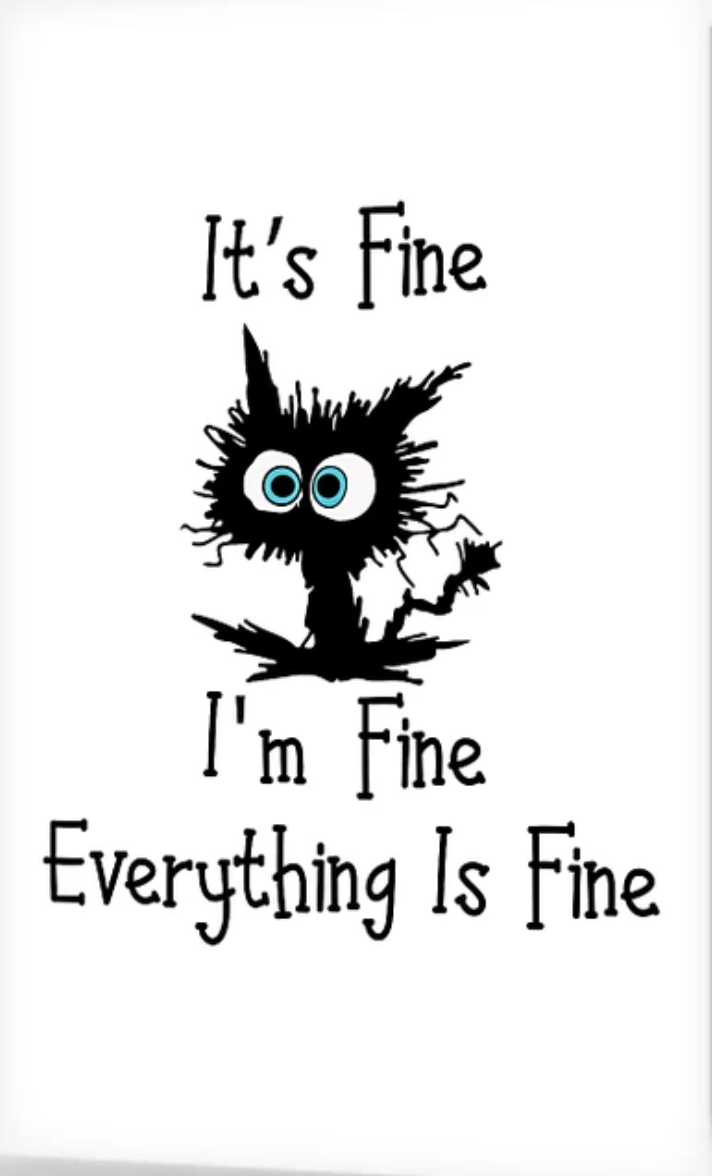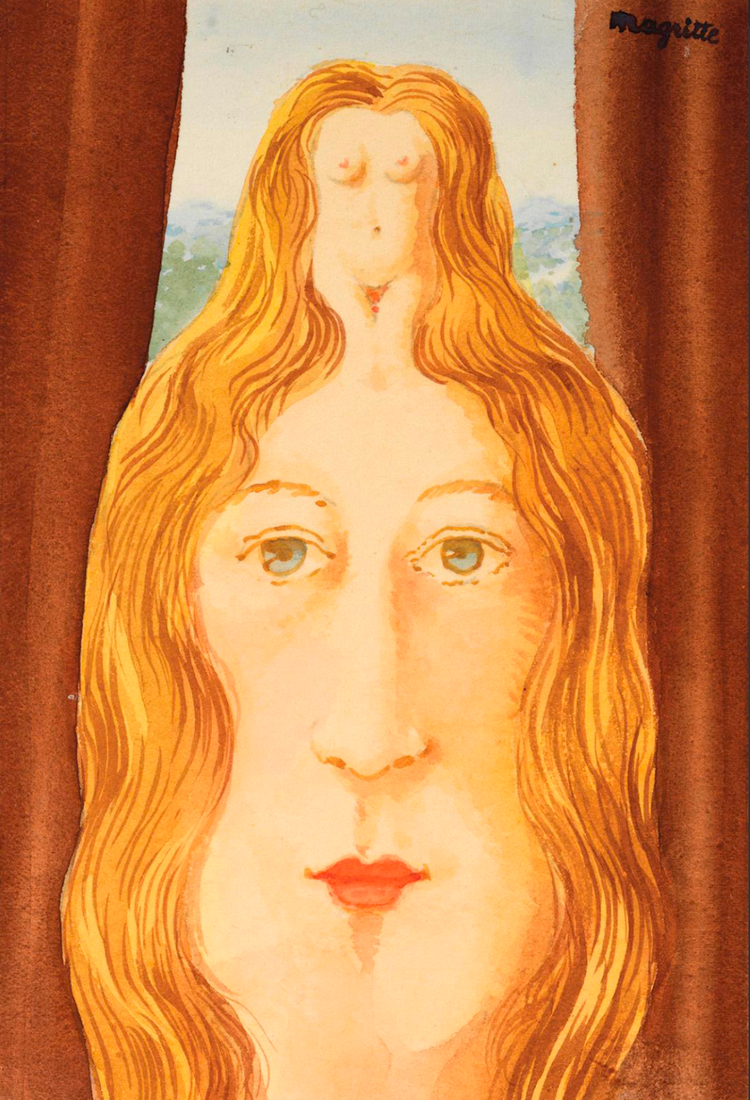Symptoms

So…how have you been feeling? I suspect that if you are reading this right now, and if you are anything like me, you are interested in learning more about powerful, exhausting, infuriating, and/or bewildering changes you have lived through, are noticing now, or are anticipating in the next several years.
Zoe is a health science company in the UK that offers personalized nutrition programs based on extensive functional medicine testing. They have a cohort of over 70,000 women (50% peri- and 50% post-menopausal) from which they are gathering data in order to fill some of the gaps in menopause research.
According to a recent Zoe podcast, 99.8% of perimenopausal women in their cohort experience at least 1 of the 20 symptoms they ask about; 66% say they experience 12 or more of these symptoms
Greater than 80% of perimenopausal women report experience EACH of the following symptoms:
· Sleep disturbances
· Memory loss/brain fog
· Irritability
· Anxiety
· Depression
· Low libido
· Weight gain
And 50-60% of postmenopausal women say they still experience some symptoms 10+ years after reaching menopause. Interestingly, hot flashes are one of the least common symptoms experienced by only about 45% of the population.
Zoe podcast with Dr. Sarah Berry and Tamsen Fadal
Data coming out of the National Institute for Clinical Excellence (NICE) in the UK says that 75-80% of women will experience menopause symptoms. At least 25% will have severe symptoms that profoundly affect their health, their well-being (quality of life), their work and relationships. One-third will experience long-term symptoms lasting 7+ years.
According to a survey conducted by the University College London (UCL) in 2023, “90% of postmenopausal women were never taught about the menopause at school and over 60% only started looking for information about it once their symptoms had started.”
https://www.ucl.ac.uk/news/2023/apr/nine-ten-women-were-never-educated-about-menopause
The vast majority of women do not realize that the disorienting, often painful or uncomfortable, symptoms they are experiencing are the harbingers of menopause. Many believe they are getting dementia, have cancer, are going crazy, or simply being overtaken by a degenerative and inevitable aging process that is taking a steep toll on their bodies and minds.
And because menopause is barely mentioned in mainstream medical education, most healthcare professionals are ill equipped to recognize the symptoms of menopause, much less be helpful to women in treating and managing them. In a New York Times article from October 30, 2024, Dr. Mary Claire Haver, author of The New Menopause said that when she was in medical school she received “about an hour of instruction on menopause” and during her OB-GYN residency “she got about six [hours].”
A woman can spend thousands of dollars, multiple years, and a tremendous amount of energy she doesn’t have to spare going from PCP to neurologist to gynecologist to dermatologist to oncologist attempting to figure out what is wrong with her.
There is NOTHING wrong with her. Nothing wrong with you. We are only changing.

Petra Coveney, Menopause Yoga teacher and author of Menopause Yoga: quite correctly points out that when people go through puberty or pregnancy, each constituting huge hormonal shifts and rearrangements in one’s physiology and psyche, we naturally understand that their needs and behaviors may be different:
· They need more rest
· Their appetites may change, and they have different nutritional requirements
· There may be differences in their cognitive function as their brains come under the influence of hormonal fluctuations and do a certain amount of rewiring
· Physical exertion, exercise, and participation in sports, social gatherings, and the workplace may necessarily fluctuate as physical and emotional energy shifts over the course of each day, week, or month
· Mood swings may be extreme, daily events
· They may experience disorientation and sometimes extreme physical discomfort as their bodies shift and change, becoming strange to them and requiring an adjustment in self-perception
· They may lose confidence or have their self-esteem shaken as they adjust to new bodies, points of view, and ways of being in the world
· They need more physical and emotional support from family members, friends, teachers, colleagues, and employers
· Ways of being that were comfortable and familiar are shaken up and changed inexorably and forever
Why do we imagine that perimenopause and the entire menopause transition into postmenopause would be any different?
Yet it does feel different somehow and there are at least three reasons for this that I can see. (I’m sure you could come up with more.):
1. Until the last few years there has been a shameful paucity of medical and scientific research on menopause. Generally speaking, women, non-binary people, and transgender men are woefully misinformed, uneducated, or unable to locate consistent, evidence-based information about a major life transition all of them will undergo.
2. It is clear from the historic lack of research into menopause and healthy aging in women that women have been primarily thought of and valued for their role as reproductive beings. Hence puberty, menstruation, and pregnancy have been studied and taught in medical schools. With the menopause, women cease to be reproductive beings and it is not clear—from a cultural perspective—what they then are or are for.
3. American and Westernized culture generally views aging negatively and we are now routinely being bombarded by health professionals and entrepreneurs offering us innumerable bio-hacks and work arounds to ward off aging and mortality if we can afford the money and time to implement them. Aging women in particular have historically been viewed as haggard, undesirable, useless, or burdensome in spite of the fact that women in postmenopause tend to have an extraordinary amount of wisdom, expertise, energy, and emotional maturity to expend in creative pursuits, advocacy, and networking.

I have had a terrible time negotiating this transition. It has felt overwhelming much of the time, and I have felt angry, frustrated, fearful, and generally graceless through most of it. I do think that my active avoidance of thinking or reading about it in the years leading up to my menopause transition has contributed to my difficulties.
Why did I avoid it? There are likely many reasons, but briefly, it took me a long time to come to terms with menstruating. I had never looked forward to getting my period and once I got it, it took a while to adjust. However, I did adjust and even came to look forward to getting my period each month. I was lucky in not having bad cramps, nausea, headaches, or heavy flows, and it felt like my period was a built-in pressure valve for tension release that got opened on a regular basis, relieving stress naturally. I was not looking forward to relinquishing my cycle, along with the many fortuitous benefits of estrogen, progesterone, and testosterone, of which I had then only the barest inkling.
I think I also believed—myopically, naively—that because my periods had been relatively easy, I would weather the menopause fairly smoothly.
Not. At. All.

According to current medical authorities, there are 34 “official” symptoms of menopause (though women often experience symptoms not on the list). The newsletter, “Medical News Today” out of the UK, describes these:
· Hot flashes & night sweats
· Irregular periods & breast tenderness
· Vaginal dryness & recurring UTIs
· Burning mouth & changes in taste
· Fatigue & sleep “disturbance” ( a description of what happens to your sleep so mild as to be laughable. Or do I mean infuriating?)
· Electric shock sensations ( WTF?)
· Muscle & joint pain
· Brain fog & forgetfulness
· Brittle nails & thinning hair
· Stress incontinence
· Tinnitus & heart palpitations
· Depression, anxiety, panic attacks
https://www.medicalnewstoday.com/articles/what-are-the-34-symptoms-of-menopause#managing-symptoms
These are just a few of the 34 symptoms recognized by the medical field and do not catalogue the entire list that are experienced by women. (In the Zoe podcast referenced above Dr. Sarah Berry mentions 50.)I have recently heard women describe hot/cold sensitivity in the teeth and bouts of vertigo.
My own list stands at 23 symptoms and counting:
· Grinding fatigue pursuant to insomnia
· Overheating at night, sometimes hot flashes, though they don’t exactly flash. Instead, I tend to heat up in the core of my body and stay hot for a while; I feel like a glowing ember.
· Occasional night sweats
· Depression, crying jags, despair, hopelessness
· Anxiety, fear, some panic attacks at night
· Tinnitus—the harbinger of menopause for me
· I am more prone to injury, shoulder discomfort, more aches and pains generally
· Irregular periods with some cramping associated with them
· Intense nausea a couple of times
· Increased tension generally throughout body and mind
· Difficulty focusing—mild forgetfulness, more frequently a sense of being scattered so it seems to take a lot of effort to pull myself together to concentrate
· Vaginal dryness, which can lead to itching/irritation
· Strange sense of having to pee more often during the night
· Some discomfort with sexual penetration
· Drier, more brittle nails
· Occasional bouts of hair loss; hair has lost some luster
· Takes longer to heal—injury, wounds—perhaps due to chronic sleep deprivation, perhaps due to estrogen deprivation
· Appetite has changed; it’s taking me a while to figure out how much and when I need to eat to keep my blood sugar stable; I have much less tolerance for sugar and alcohol and don’t digest or recover from dietary indulgences as efficiently as I used to
· Weight gain—mostly in the form of belly fat--that has been difficult to budge even with testosterone on board
· Loss of confidence & self esteem
· Dehydration, feeling of being dried out
· Strange staining on teeth that we finally discovered was due to hormonal fluctuations coupled with taking an iron supplement. I stopped the supplement and staining has stopped (after being polished up at dentist’s).
· Increased rage and intolerance for all things patriarchal/male/asinine and re: the status of women generally all over the world and throughout time
Each year since January of 2022 new symptoms have arrived, sometimes replacing old ones, most often just piling on.
I am sharing this list with you for the same reason I am writing this blog: A few weeks ago, I had hit a real nadir in my physical, mental, and emotional experience of perimenopause. I decided that I need a way to deal with this process more constructively and creatively if I did not want to continue to deteriorate. To that end I have joined a Menopause Yoga training, started a menopause memoir, and begun this blog.
I thought that if I reached out to others, worked to support others going through this transition, and dug intensively into reading the research and stories shared formally by pioneering health professionals and informally by people moving through this transition, I would feel better—less alone, less helpless, more empowered, confident, and happier.
Care to share any of the symptoms you may have experienced/be experiencing that may be making you feel crazy?
If you do contact me, please include the following:
· Your question, comments, or correction
· If it is okay for me to place your question/comment/correction on the “Community” page
· What name and/or location (ex, city, state) you would like me to use to identify you
If you would like to track your own symptoms, here are three resources that may be helpful:
Menopause Support
You can visit menopausesupport.co.uk to find a link to their “Menopause Symptom Checker” and “GSM Symptom Checker:” https://menopausesupport.co.uk/?page_id=16056
GSM stands for Genitourinary Syndrome of Menopause and refers to symptoms such as vaginal dryness and irritation, incontinence, painful intercourse, needing to pee a lot, etc. These can be difficult symptoms to confront, much less discuss openly. However, treating these symptoms can be relatively simple and safe and can also prevent future illness and pain.
A doctor in the UK recommends using these checklists to prepare for doctor’s appointments, so that we can show up to these meetings with a clearer picture of what we are experiencing and more accurately assess the doctor’s ability to help us.
Greene’s Climacteric Scale
This scale helps to determine both the number of symptoms a person has and how severe they seem to be. It was developed in 1976 by Dr. J.G. Greene and, according to My Menopause Centre in the UK, it is “used by practitioners worldwide and is a really reliable scale because so many women are measured against it.” (https://www.mymenopausecentre.com/gp-resources/what-is-the-greene-climacteric-scale/)
Here is a link to the scale that you can fill in online: https://www.menopausematters.co.uk/greenescore.ph
Zoe's Menoscale:


